Protecting Wilderness, A Young Change Maker’s Mission And Challenge
Q&A with Camille Rivera
Bukidnon-born marine biologist turned conservationist, Camille Rivera, is the co-founder of Oceanus Conservation. She specializes in blue carbon and led community-based mangrove conservation and ocean education projects around the Philippines. Camille has also been part of Coalition WILD’s EXCELerator in 2020.
After feeling the need to conserve and restore the mangroves in the Philippines for as long as she could remember (even, quite literally, dreaming about it), Camille threw herself into the creation of her now Oceanus Conservation which evolved into a reality beyond her expectations.
Oceanus hones in on the need to get closer to local communities and grow awareness around the challenges of ecosystems, bringing the project and the mission of the organization to something deeply human.
Through this Q&A with Camille Rivera, dive into the story of the creation of Oceanus Conservation and the relationship between humans and nature to find answers on how to cope with the biodiversity crisis.
I have been a nature lover since I was a kid. I grew up in the mountains in a small town, and my father is a horticulturist so I always see him taking care of his plants every afternoon after his work. Our house is surrounded by nature and my father used to sell Anthurium to other neighbors and he often asked us to help him cut some plants for the buyers. I do remember the instance where we went to the beach and I saw a starfish with its moving feet. That’s when I picked it up and checked out the feet underneath, I remember that sparked my interest in the ocean a lot because of different creatures I saw back then. – Camille Rivera
What feelings does nature invoke in you?
Nature gives me peace. Up until now, if I felt cramped up in the house or feeling unmotivated, I needed to go to a space where it’s all trees to feel rejuvenated. It’s just become a part of me now. Nature played a huge role in my life back when I was young because I was surrounded by it and my family really showed me the beauty of it. I realize that we need nature to exist in this world. That is where we get food and livelihood from what I have seen from my father.
Can you try to describe what “wilderness” is and what it means to you?
Wilderness is when the space is untouched by humans. I always equate it with nature. I feel like humans will always contribute to something unconsciously or consciously. What I mean by this is that, when we go hiking, we have shoes that we bring from one place to another. When we go to wilderness, we are bringing every bacteria and soil staying in our shoes to these areas that are untouched by man. I always think of wilderness as so diverse and so mysterious.
Why did you start Oceanus Conservation?
I started this organization because I felt the need to create an importance about habitats, specifically the undervalued mangrove ecosystems. There is no organization that focuses on the conservation of mangroves, and it’s often the wildlife that is being highlighted. I do not remember the exact moment when I had a feeling of creating an organization, but I know it was lingering in my subconscious for a while. I sometimes dreamt of creating a new organization, but I was not sure how or when, if the timing was right and it is scary too. But I had loads of support from peers and here we are today.
How did you end up working with CoalitionWILD and what has it meant to you to be a part of this group of young conversation leaders?
I was a Coalition Wild Excelerator back in 2020. I was still new in the organization and I felt that I would need to improve my leadership skills and program management, so I took many online courses as well. When I got into the CW program, I really loved the curriculum they offered because it felt that these were the skills that should be taught early on in my career and not later. It was such an amazing community of young leaders having to go through waves of emotion and trying to blaze their own paths. I felt I was not alone in this and that these young leaders had also faced doubts and imposter syndrome. So being in the CW program, it was nice to hear that we all go through it, and that it’s okay. And figure out, together, how to channel that to become better leaders.
In your work with local communities, what has stood out to you the most?
Working with local communities at the start has always been a struggle. Some people think it’s easy but it takes a lot of trust to get into their skin. I learned how to communicate with them in a more understandable and uncomplicated way and then discussed with them the solutions they can do. But oftentimes, they know it, they just don’t have the motivation to continue or no one is “policing” them.
So working with communities is a process, you need to remind them about how important their ecosystem is and you need to be careful about what you say as well because sometimes it can be misunderstood pretty quickly and the trust we have built can get burnt quickly.
What is your number one tip to those who feel strongly about helping the climate and biodiversity crisis we are facing?
Being aware is one side of the coin, but implementing and accountability is the other side. There’s much information out there through webinars and we need to act NOW. There is no later, or tomorrow. There’s forest fires happening, heat waves and drought, meanwhile there’s also flooding on the other side of the world.
What we need to do is to create noise, and do some local action on the ground. Invest your time in volunteering in organizations so you don’t have to reinvent the wheel. There are many organizations working on different issues, and they need YOU. They need YOUR passion, and your contribution. There’s always a space and role for everybody. You just have to reach out.
Learn more about Oceanus Conservation: https://www.oceanusconservation.org.
Read Next
You Can Help Bring Justice to the Biosphere and Save Life on Earth
WILD is linking people around the world with the effort to restore traditional lands to the Yawanawa People. And you can help!
Yes, You Actually Can Help Local Communities in West Africa & Slow Mass Extinction too!
Because of the Mali Elephant Project people are able to help restore and protect elephant habitat in an economically and ecologically challenging context
The Time to Act Was Yesterday
Encouraging and strengthening young conservation leaders is absolutely essential if we are to achieve a just and sustainable future. Learn more about CoalitionWILD – WILD’s young conservation leader network.
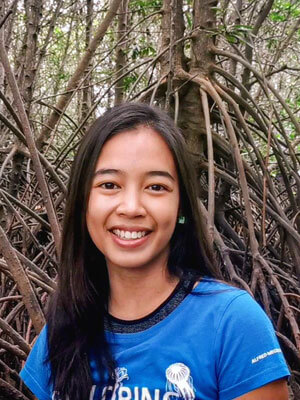
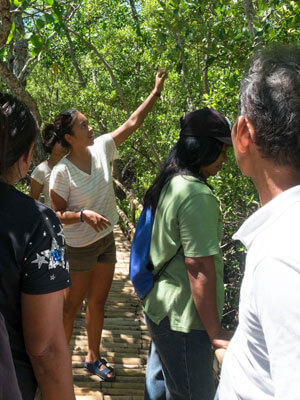
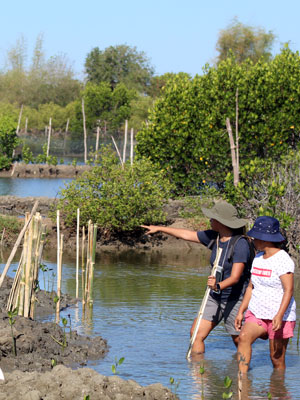
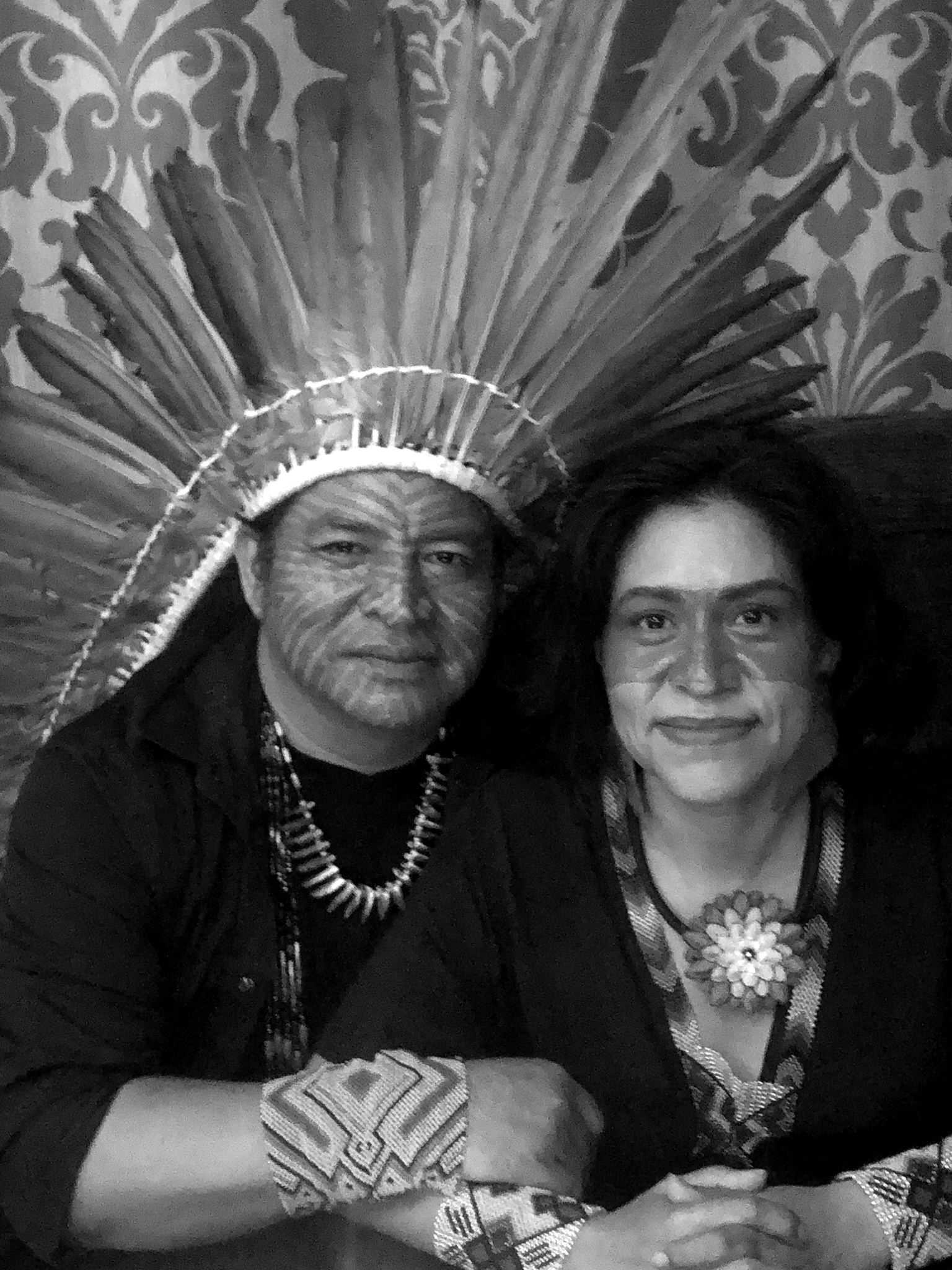
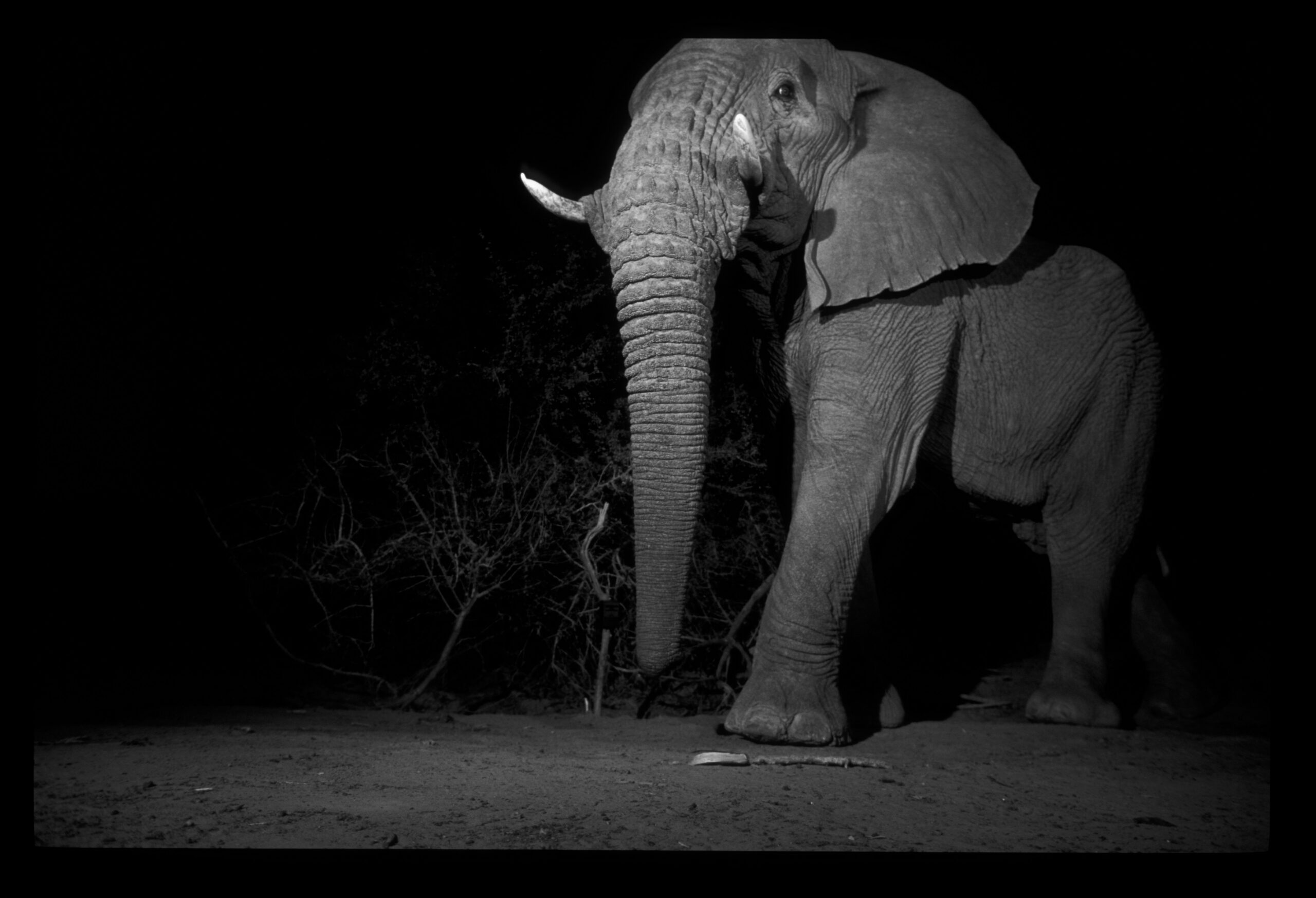
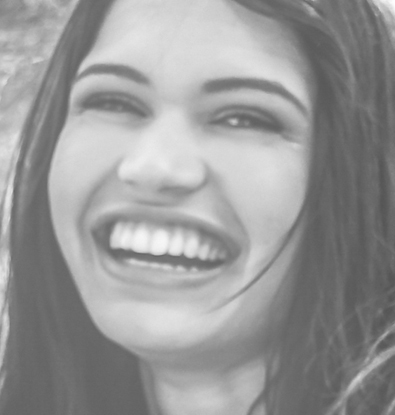
0 Comments